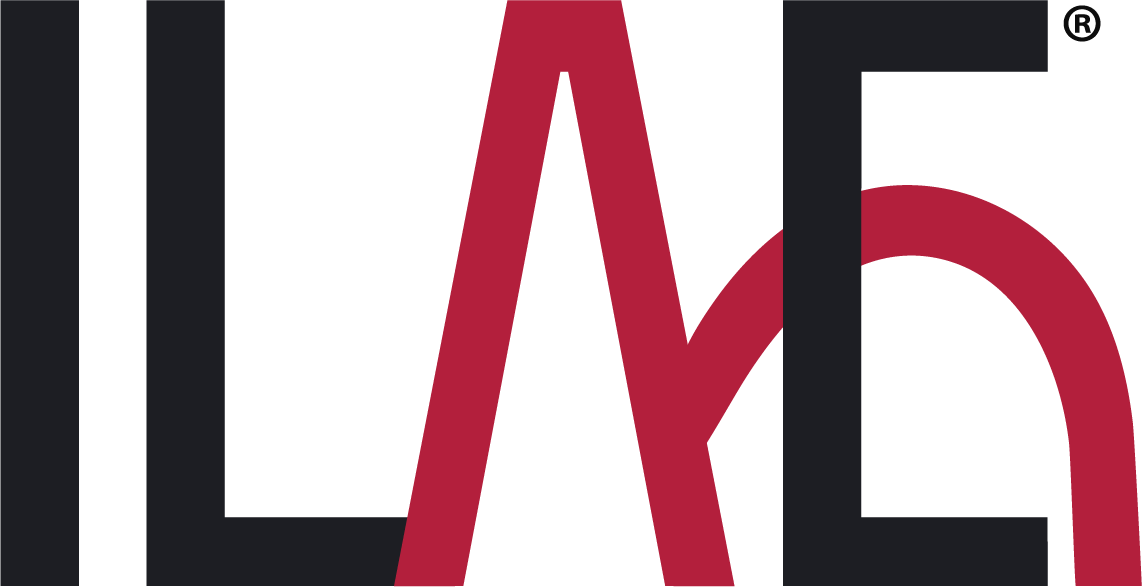Newswise — Despite advances in the understanding and treatment of epilepsy, a significant treatment gap remains; in some countries, as many as 90% of people with epilepsy do not receive quality treatment. The gap stems from multiple factors, many of which can be traced to deficiencies in education and awareness among physicians, the public and policymakers about epilepsy and its treatment. In regions that depend upon primary care systems to deliver health care, the gap can have a dramatic impact on diagnosis and management, as well as quality of life and mortality.
In April, Paraguay held its first Epilepsy Week to raise awareness of epilepsy and its importance as a focus of public health. The concept of an epilepsy week, piloted in Bolivia in 2015, includes scientific, social and cultural activities, including one-day courses, talks and meetings about epilepsy, myths, management and stigma. Activities are tailored for neurologists, primary care physicians, medical students, people with epilepsy and their families, policymakers and the general population.
Paraguay Epilepsy Week was organized and administered by ILAE-Latin America. Speakers noted the importance of epilepsy as a topic on the health agenda, both at the institutional level and at the level of the general public. They discussed the stigma that leads to ignorance of this disorder that can affect family life, as well as life at school and work. Such stigma can lead to employment loss and social exclusion.
Scientific sessions
Epilepsy Week included three courses given simultaneously April 11-13. These meetings included presentations by experts across Latin America on the most innovative aspects of epilepsy diagnosis and treatment.
The courses were aimed at EEG technicians, general practitioners and specialists in the neurosciences. More than 200 attendees—including neurologists, neurosurgeons, pediatric neurologists, clinicians, pediatricians, primary care physicians, medical students, nurses and other allied health staff—were welcomed, participating in an exchange of knowledge on the most current issues in epilepsy.
Social and cultural activities
To provide appropriate information about epilepsy, epilepsy training talks were held April 8-10 for people with epilepsy, their relatives and the general public in hospitals throughout Paraguay. April 13 featured an all-day session, hosted by the International Bureau for Epilepsy (IBE), for people with epilepsy and their families.
Media coverage was facilitated through an agency and included publicity on television, radio, print media and social media.
Thanks and support
Thanks went to Roberto Caraballo and his collaborators at ILAE-Latin America, who provided the Paraguay chapter with the opportunity to host Epilepsy Week. “Our commitment remains firm, and after this event it has been renewed and strengthened,” said Mario Camargo, secretary of ILAE-Latin America.
Other supporters included pharmaceutical companies, which demonstrated commitment to professional scientific training and the social aspects of epilepsy, as well as all the colleagues who helped to organize and manage the event.
Future Epilepsy Weeks are being planned in El Salvador and Argentina.
##
Founded in 1909, the International League Against Epilepsy (ILAE) is a global organization with more than 115 national chapters.
Through promoting research, education and training to improve the diagnosis, treatment and prevention of the disease, ILAE is working toward a world where no person’s life is limited by epilepsy.
To learn more, visit our website or find us on Facebook.
Our website is available in multiple languages.
We're also on Twitter in English, French, Japanese, Portuguese and Spanish.
